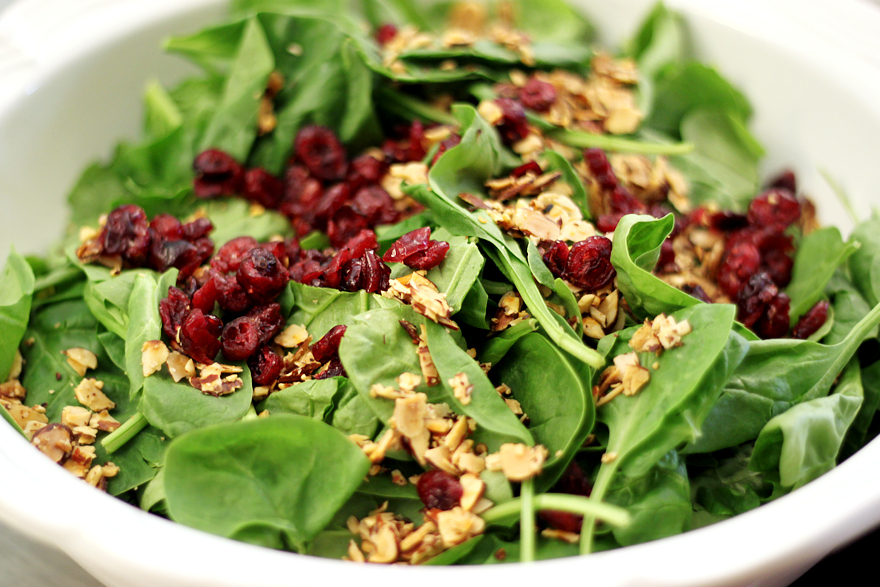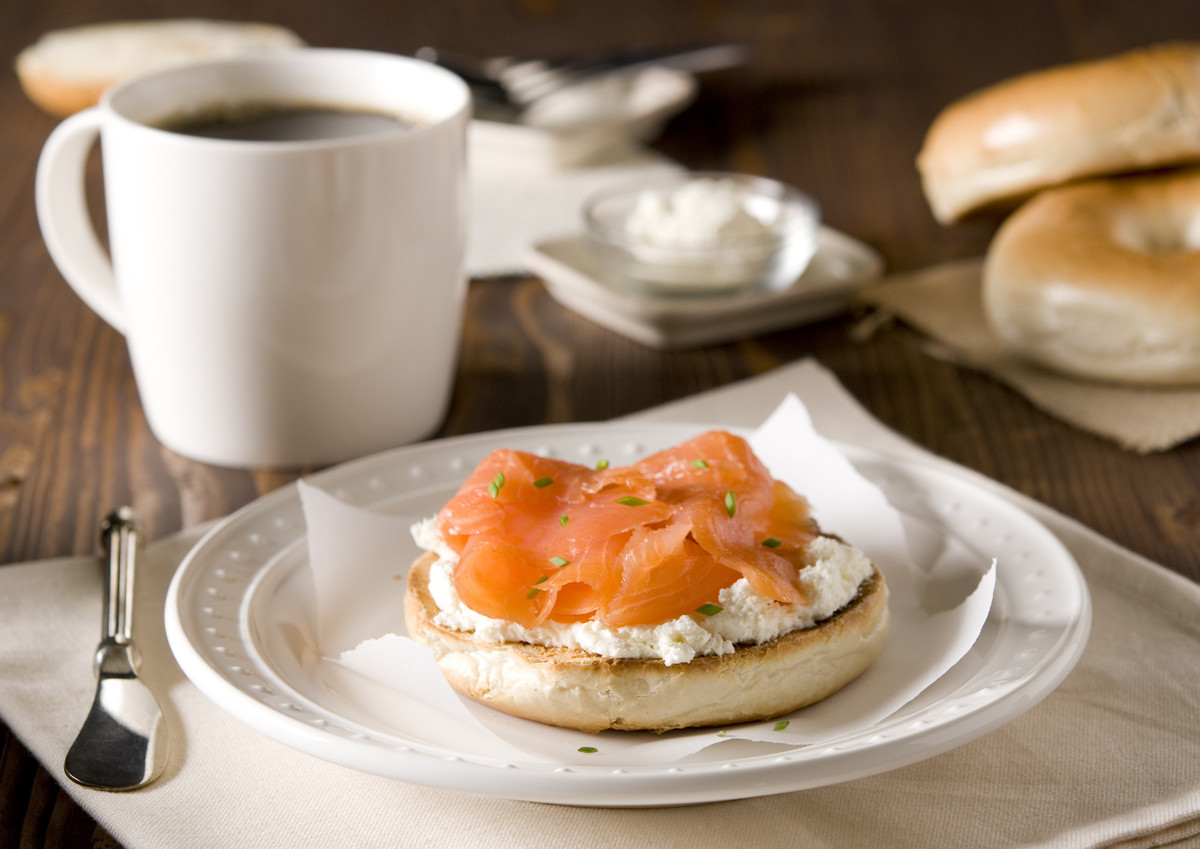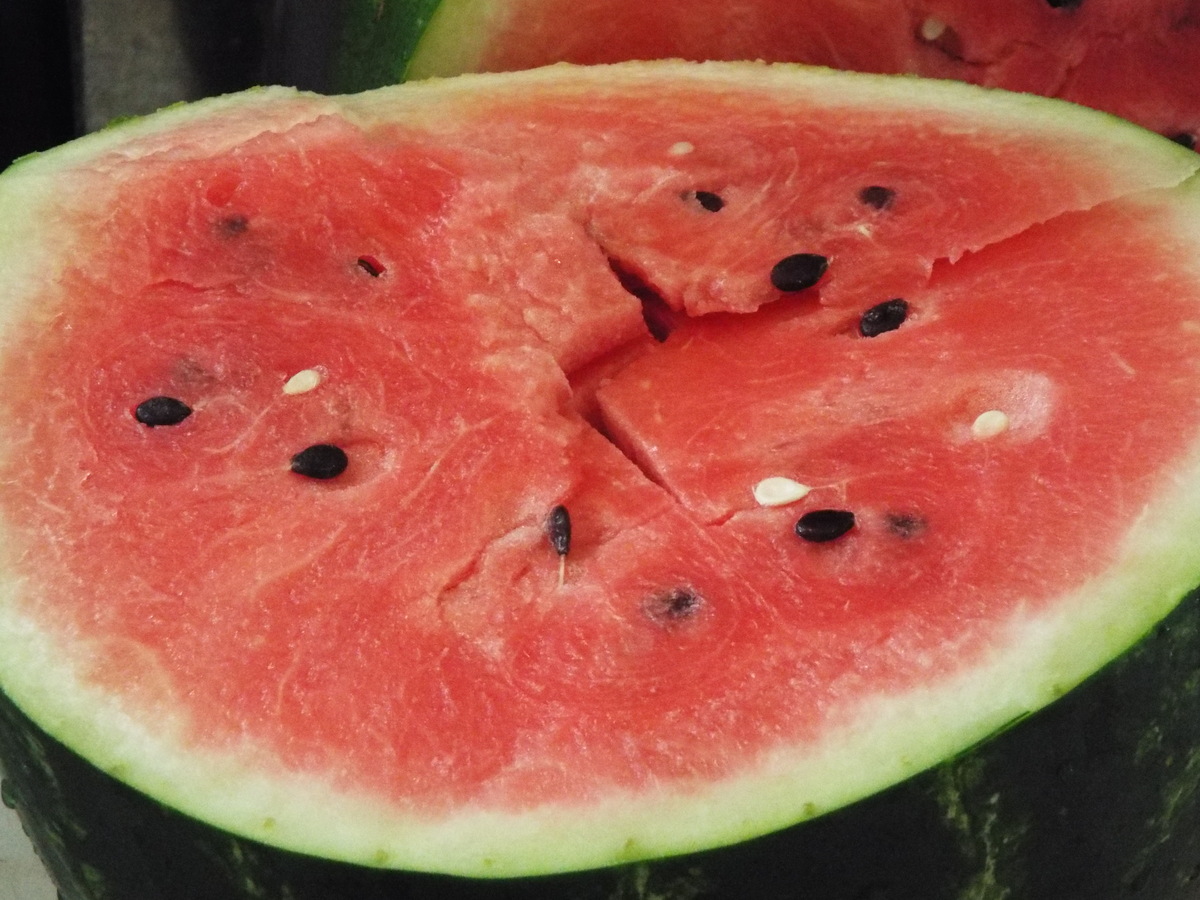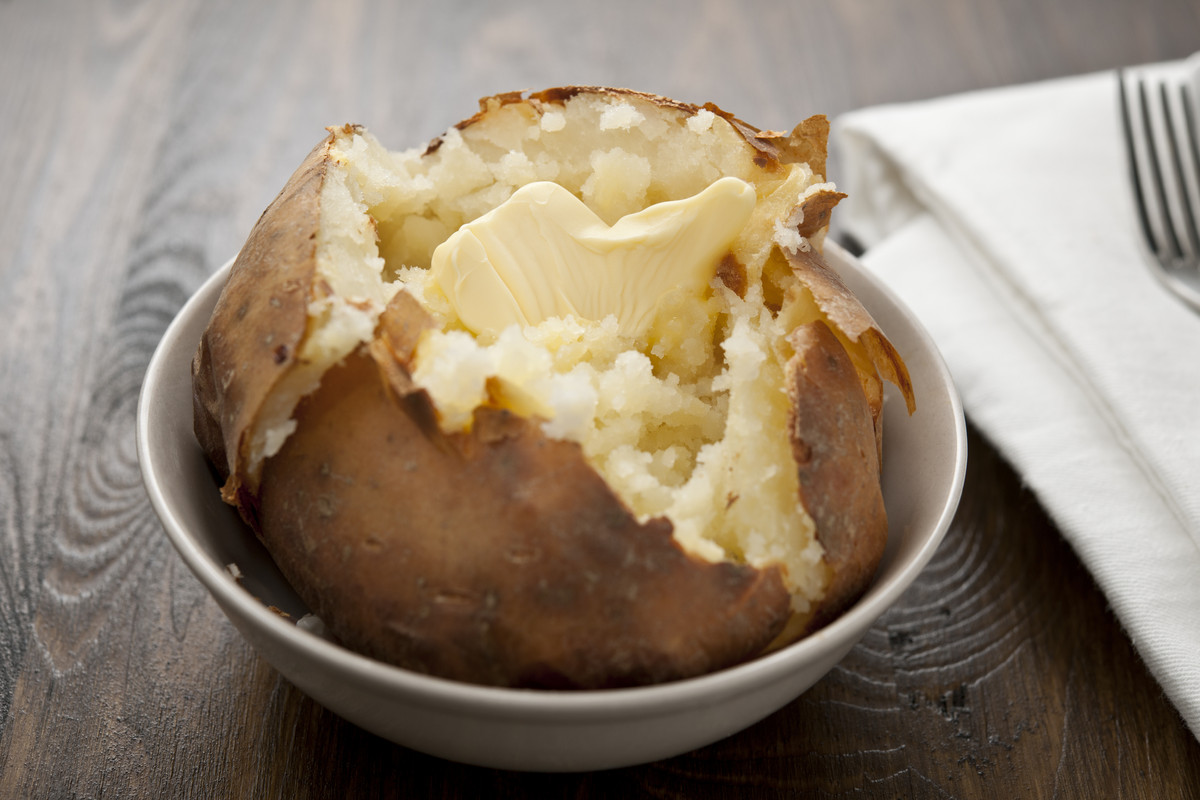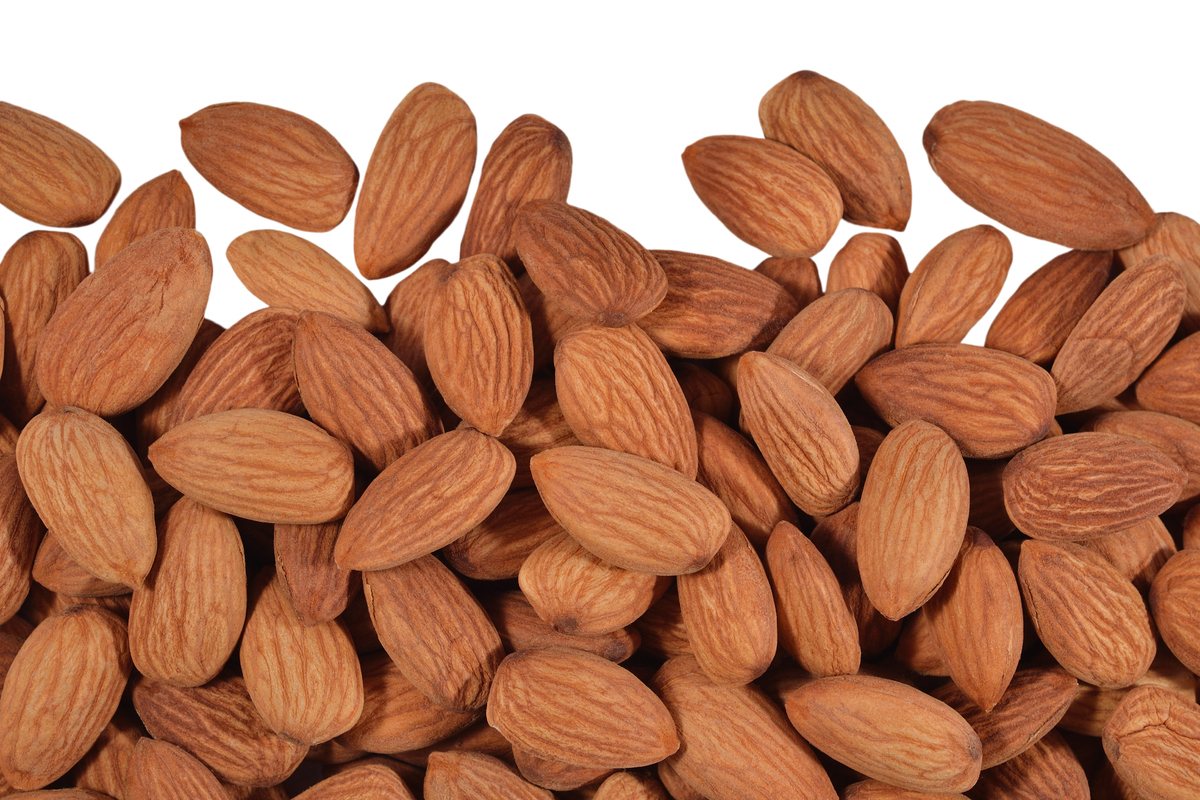Experts agree that knowing your triggers is one of the best ways to avoid the searing or pounding pain of a headache.
Triggers can be diet-related, and chronic headache sufferers often learn which eats and drinks are best for them to avoid. But if certain foods are off limits, are there also foods that help?
The evidence is less convincing, but there are a few potential pain-savers. The six foods below probably won’t make a headache disappear completely, but they do seem to have preventive powers.
-
1: Spinach As if you needed another convincing reason to eat your greens, consider this: Those of the leafy variety are rich in riboflavin, a type of B vitamin that has been linked to preventing migraines.
-
2: Fatty Fish  Those potent omega-3 fatty acids are at it again. Their anti-inflammatory propertiescan reduce the pain of chronic headaches, and the benefit is enhanced when dietary omega-6 fatty acids — found in many food oils — are simultaneously reduced, according to a 2013 study.
Those potent omega-3 fatty acids are at it again. Their anti-inflammatory propertiescan reduce the pain of chronic headaches, and the benefit is enhanced when dietary omega-6 fatty acids — found in many food oils — are simultaneously reduced, according to a 2013 study.
-
3: Watermelon If your headache is dehydration-related, you’re likely to reach for some H2O, stat. But foods with a sky-high water content like watermelon or cucumbers can also help. We get about 20 percent of our daily water intake from food, but watermelon also offers essential minerals you lose when you’re dehydrated like magnesium and potassium.
-
4: Potatoes  Speaking of potassium: The mineral can treat headaches, and we’re often lacking when we’re dehydrated. Despite the banana’s high-potassium reputation, a medium baked spud (with the skin) packs 926 milligrams of the stuff, more than double what’s found in a banana.
Speaking of potassium: The mineral can treat headaches, and we’re often lacking when we’re dehydrated. Despite the banana’s high-potassium reputation, a medium baked spud (with the skin) packs 926 milligrams of the stuff, more than double what’s found in a banana.
-
5: Honorable Mention: Caffeine As long as you don’t overdo it, caffeine may actually help headaches. Many headache medications contain a small dose, because it helps the body absorb those drugs faster, according to WebMD.However, become too reliant on your tea or java and you risk rebound or withdrawal headaches when you come down from your caffeinated “high.” These are likely if you’re consuming 500 milligrams or more of caffeine a day, according to Everyday Health, about the equivalent of five cups of coffee.
-
6: Honorable Mention: Almonds  A small body of research has examined the importance of magnesium when it comes to treating migraines, without many concrete findings. The authors of a 2012 comment published in the Journal of Neural Transmission write that while magnesium seems to offer some potential in migraine prevention, there’s little to suggest it would help mid-headache. Because it’s relatively safe, they don’t caution against it, but merely warn there’s not enough evidence yet to assume all headache sufferers will benefit. Should you opt to go the magnesium route, almonds are a good bet, with 80 milligrams per serving.
A small body of research has examined the importance of magnesium when it comes to treating migraines, without many concrete findings. The authors of a 2012 comment published in the Journal of Neural Transmission write that while magnesium seems to offer some potential in migraine prevention, there’s little to suggest it would help mid-headache. Because it’s relatively safe, they don’t caution against it, but merely warn there’s not enough evidence yet to assume all headache sufferers will benefit. Should you opt to go the magnesium route, almonds are a good bet, with 80 milligrams per serving.

